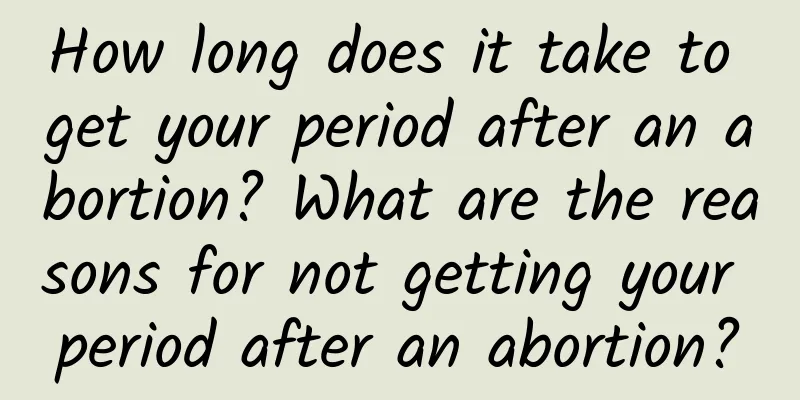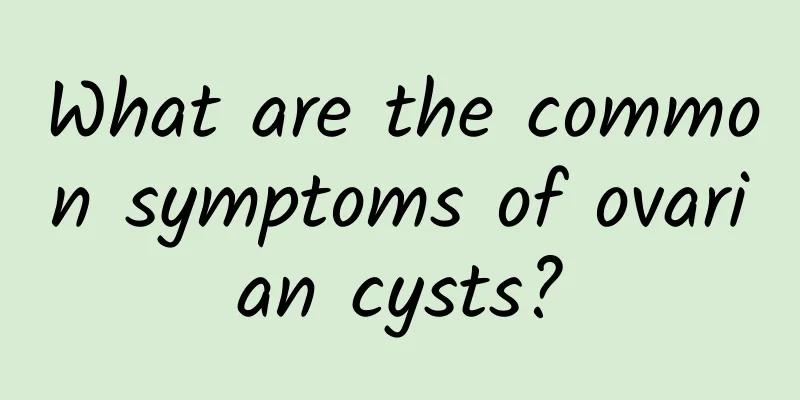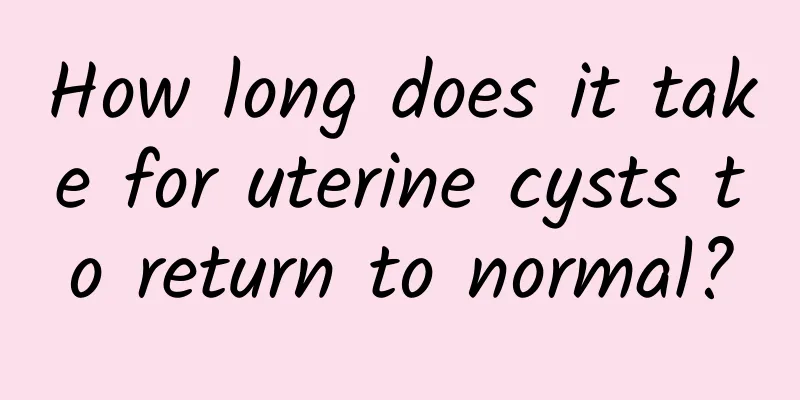Why does pelvic inflammatory disease keep bleeding?

|
Pelvic inflammatory disease that continues to bleed is usually caused by improper diet, trauma, cervicitis, cervical columnar epithelium ectopia, hemorrhagic salpingitis, etc. It is recommended to seek medical attention in time and take appropriate treatment measures under the guidance of a doctor. The details are as follows: 1. Improper diet: Frequent consumption of foods such as chili peppers and spicy hot pot can easily lead to aggravated inflammation, pelvic congestion, and irregular vaginal bleeding. Generally, this can be improved through dietary conditioning, such as millet porridge or eight-treasure porridge. 2. Trauma: When having sex, men use more force, which may cause damage to the female vaginal mucosa, accompanied by pain or persistent bleeding. Sexual intercourse should be avoided, and warm water sitz baths can also be used to improve the condition, which should be maintained for 10 to 15 minutes each time. 3. Cervicitis: It is caused by long-term inflammatory stimulation, which may lead to cervical infection, abnormal shedding of the endometrium, and vaginal bleeding. You can use metronidazole tablets, cefradine capsules, amoxicillin capsules and other drugs under the guidance of a doctor, and you should avoid smoking and drinking. 4. Ectopic cervical columnar epithelium: Ectopic cervical columnar epithelium refers to the migration of the columnar epithelium from the inner opening of the cervical canal to the outer opening of the cervical canal due to the action of estrogen. It is a common physiological phenomenon. Because the columnar epithelium is thin, the stroma underneath is transparent and is easily invaded by pathogens such as bacteria and viruses. If pathogens invade and cause infection, it may lead to pelvic inflammatory disease, and inflammation may further cause congestion, edema, and even bleeding of cervical tissue. Generally, infrared irradiation treatment can be performed under the guidance of a doctor, and contraceptive measures should be taken at ordinary times. 5. Hemorrhagic salpingitis: Generally, the interstitial layer of the fallopian tube is inflamed. After being stimulated, it will cause blood accumulation in the fallopian tube and abdominal cavity, and irregular vaginal bleeding. You can use cefixime dispersible tablets, levofloxacin hydrochloride capsules, azithromycin tablets and other drugs for treatment under the guidance of a doctor. Do not stop taking the medicine privately. Vaginal contact bleeding and other reasons cannot be ruled out, so you should go to the hospital for regular check-ups. |
<<: How to rule out an ectopic pregnancy yourself
>>: 5 major symptoms of menopause in women
Recommend
First aid measures after ectopic pregnancy rupture
Generally, ectopic pregnancy patients will experi...
What tests should be done for uterine fibroids? Five items must be done to diagnose uterine fibroids
One of the items that need to be checked for uter...
For pregnant women, which one is more harmful, natural abortion or medical abortion?
Spontaneous abortion mainly refers to heavy bleed...
Build a body that is less prone to fatigue! Do hip stretching exercises to make the pelvis more stable
These stretches affect the base of the body, name...
What are the precautions after suffering from cervicitis
In recent years, with the development of the time...
What are the symptoms of adenomyosis in gynecology
Adenomyosis is mostly diffuse. Due to unclear bou...
Can threatened abortion be cured by taking medicine?
Nowadays, many young women do not have a correct ...
How is vulvar itching transmitted?
Is female vulvar itching contagious? How is it co...
What to eat for dysmenorrhea?
What can you eat to relieve dysmenorrhea? After d...
Is endometrial tuberculosis dangerous?
Endometrial tuberculosis is a common gynecologica...
What types of vaginitis can we classify?
What types of vaginitis can we classify? I believ...
How long does it take to cure cervical warts?
How long does it take to cure cervical warts? Cer...
Repeated abortions can easily lead to ectopic pregnancy
Repeated abortions can easily lead to ectopic pre...
What are the examination items for acute pelvic peritonitis?
When the female body's resistance is reduced,...
7 minutes of high-intensity exercise = burning fat for 72 hours!
Can short-term exercise help you lose weight? The...









